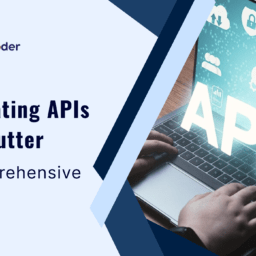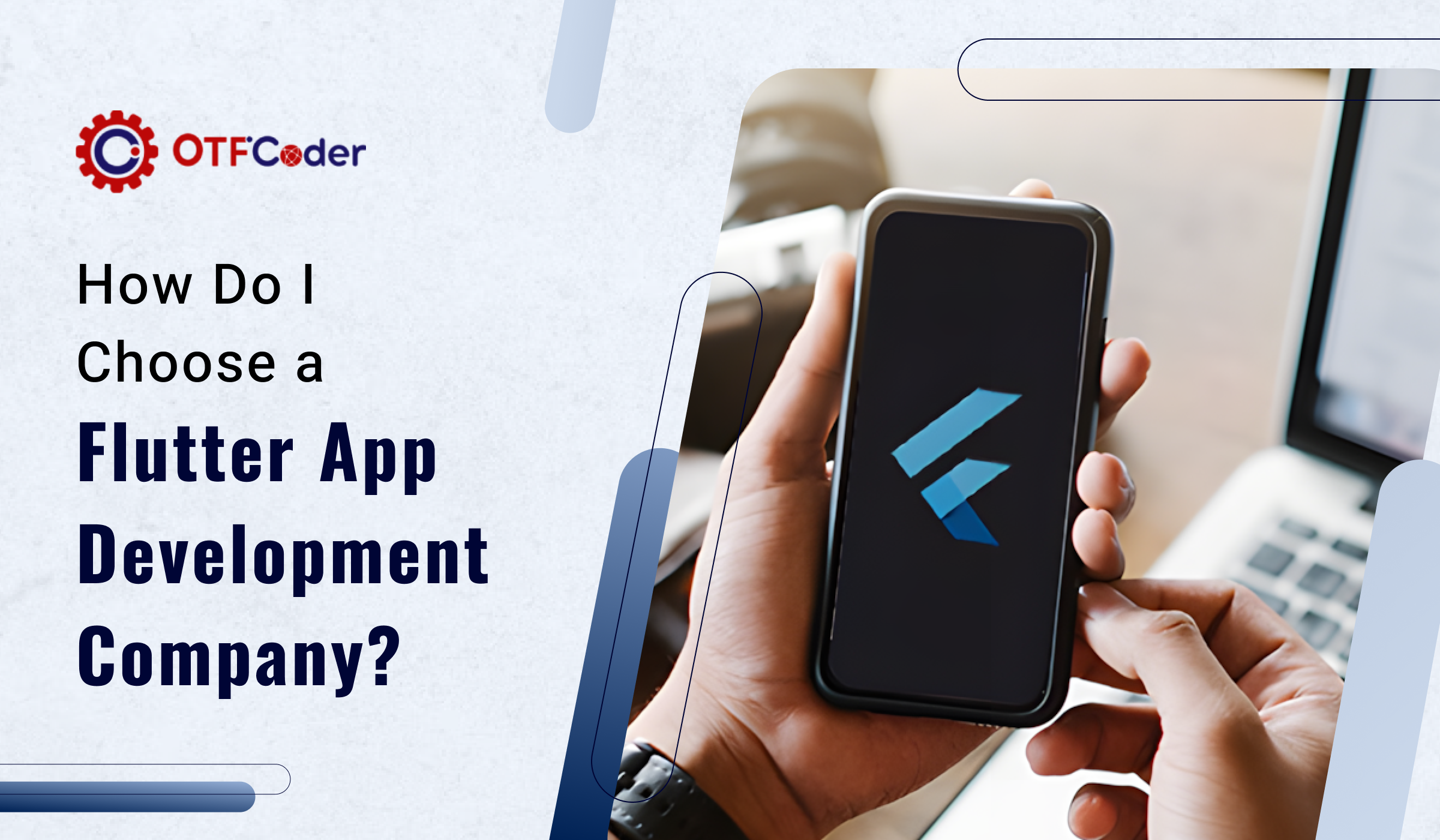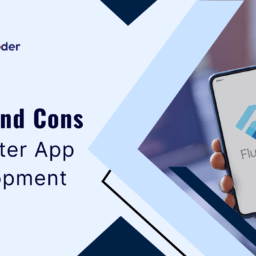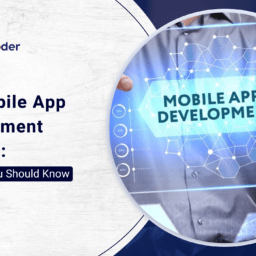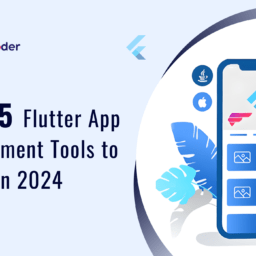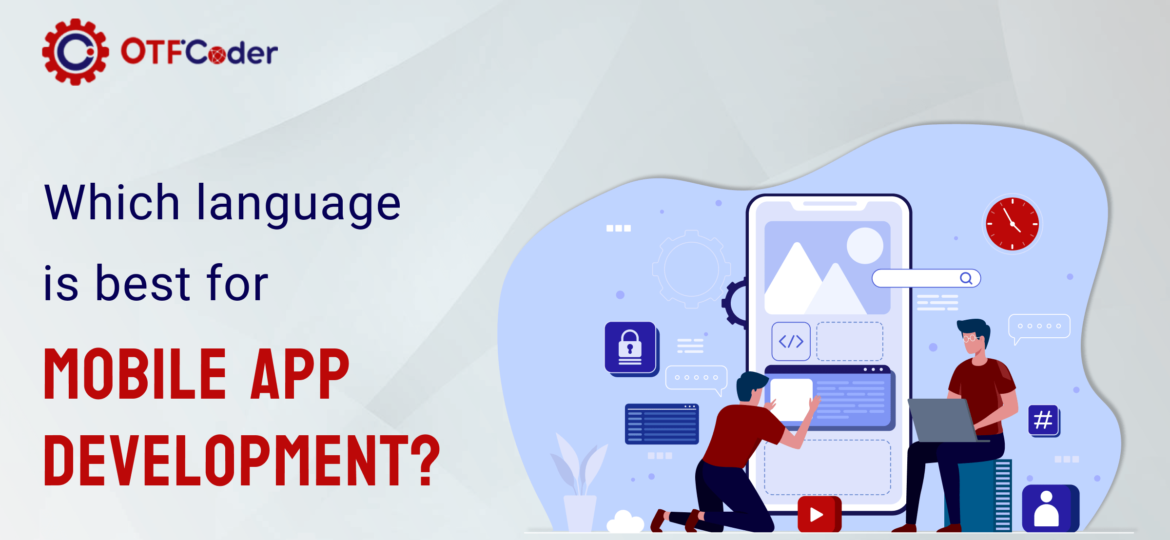
Our way of living, working, and communicating has been completely transformed by mobile app development, which has emerged as a pillar of the digital age. There is a growing need for cutting-edge mobile applications due to the billions of smartphone users throughout the world. The question of which programming language is ideal for mobile app development arises whether you’re a budding developer looking to start your journey into mobile app development or a business owner thinking about a mobile app for your brand. In order to assist you in making a well-informed choice, we’ll examine the alternatives for developing hybrid, Android, and iOS apps as well as their advantages and disadvantages in this blog.
Java
Android is a top platform for creating mobile apps due to its open-source nature and commanding market share among mobile operating systems. Java and Kotlin are the two main programming languages that can be used to create Android apps. For many years, Java has been a mainstay in the world of Android app development. Java offers a solid basis for creating Android applications because of its portability, stability, and large library of resources. It has cross-platform interoperability, making it an effective option for larger-scale applications because once you build code for Android, it can easily be modified for other platforms. Java does, however, have significant shortcomings. It is regarded as verbose since, in comparison to other languages, it necessitates more code to accomplish the same purpose. Java programmes might not be as performance-optimized as those created with more recent programming languages.
Kotlin
Kotlin has been a serious contender for Android app development in recent years. Kotlin, a language created by JetBrains and recognised by Google as a first-class language for Android development, provides a syntax that is clearer and more expressive than Java. It appeals to developers since it lowers the risk of typical programming errors and boosts efficiency. Additionally, Kotlin offers complete Java interoperability, allowing you to use Java libraries with ease in your Kotlin code. As a result, you won’t need to completely rewrite your current Java-based Android projects to switch to Kotlin.
Objective-C
On the other hand, iOS app development offers a sizable market for app developers because of its devoted user base and wealthy demographics. There are two main programming languages available for creating iOS apps: Objective-C and Swift. For many years, Objective-C has served as the main language for creating iOS apps. Because of its adaptability and dynamic nature, it enables developers to produce highly customized applications. Additionally, it is necessary for sustaining older iOS apps that have not yet been converted to Swift. But there are drawbacks to using Objective-C. Its syntax can be difficult for beginners to understand, and its the level of detail can make code more difficult to comprehend and maintain. As an outcome, many developers are already creating iOS apps in Swift.
Swift
Objective-C was replaced by Apple’s own programming language, Swift, which was unveiled in 2014. Its contemporary syntax, safety features, and performance enhancements have helped it swiftly acquire popularity. iOS application development is made simpler for developers by Swift’s clear and expressive code. Swift’s safety procedures, which help avoid frequent programming errors, are one of its distinguishing characteristics. This capability is especially useful for building dependable and durable iOS apps. Furthermore, due to Swift’s efficiency-focused architecture, it frequently performs better than Objective-C.
Hybrid App Development
The goal of hybrid app development is to bring together the greatest aspects of both native and web app development. It enables programmers to create a single piece of code and deploy it across numerous platforms, including Android and iOS. JavaScript and Dart are two popular programming languages for creating hybrid apps. The foundation of several hybrid app development frameworks, including React Native and Apache Cordova (formerly PhoneGap), is JavaScript, the widely used web language. With the use of these frameworks, programmers may create mobile applications utilizing web technologies like HTML, CSS, and JavaScript.
One of the key benefits of adopting JavaScript for hybrid app development is the sizable developer community and abundance of libraries and tools that are available. Finding information and answers to typical development difficulties is now simpler. Hybrid apps might not always match the speed and authentic feel of completely native apps, though. Hybrid apps may not be the ideal solution for resource-intensive programmes or those requiring access to advanced device functions, despite the fact that great progress has been made in improving hybrid app performance.
Google’s Flutter framework is built on the Dart programming language. The potential of Flutter to design aesthetically pleasing and highly adaptable user interfaces that feel and look native on both Android and iOS platforms is well known. Dart provides both an Ahead-of-Time (AOT) compiler for productive production code and a Just-In-Time (JIT) compiler during development for quick iteration. This dual strategy guarantees that Flutter apps created with Dart are both visually stunning and responsive. One significant disadvantage of Dart is that the language has a smaller developer community than JavaScript, which can mean that there are less third-party packages and resources accessible. Dart’s adoption has increased as a result of Flutter’s rising popularity.
Which one to choose and how?
The appropriate language for your mobile app development project will rely on a number of things, including the demands of your project, the skill level of your team, and the audience you’re targeting.
A hybrid strategy utilizing JavaScript-based frameworks like React Native may be a cost-effective option for straightforward projects with constrained resources. On the other hand, sophisticated and resource-demanding apps could profit from the speed and built-in features of Kotlin, Swift, or Dart. Determine how well-versed in programming languages your staff is. Android development might come naturally to your developers if they have prior Java knowledge. Similar to that, iOS development makes sense if your team has experience with Swift or Objective-C. JavaScript-based frameworks provide a more seamless transition from web development to mobile app development for web developers.
Take into account the tastes and habits of your intended market. Prioritizing Swift for development may make sense if you are aiming primarily at iOS users. Likewise, Java or Kotlin would be sensible choices if the majority of your audience uses Android devices. Hybrid app development using JavaScript or Dart-based frameworks like Flutter can be a workable alternative if you need to support both Android and iOS without duplicating development efforts. Consider how long-term viability will affect your project. Will the structure and language of choice be simple to maintain and adapt as technology advances? Think about things like the roadmaps for the language and community support.
Conclusion
To sum up, there isn’t a single optimum programming language for creating mobile apps that applies to all situations. The decision is based on a number of variables, and each language has advantages and disadvantages of its own. Swift for iOS, JavaScript or Dart for hybrid app development—all provide unique benefits, and the choice should be determined on thorough analysis of your project’s particular needs and the experience of your development team. Regardless of your decision, there are plenty of chances in the realm of mobile app development, and with the appropriate language and strategy, you can bring your app idea to life and have a significant impact in the mobile-first society we now inhabit.

